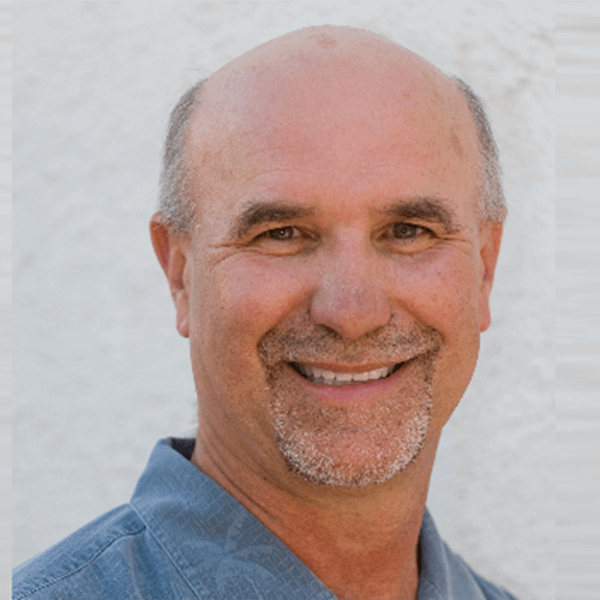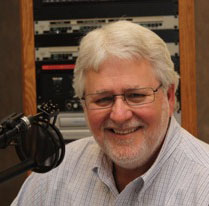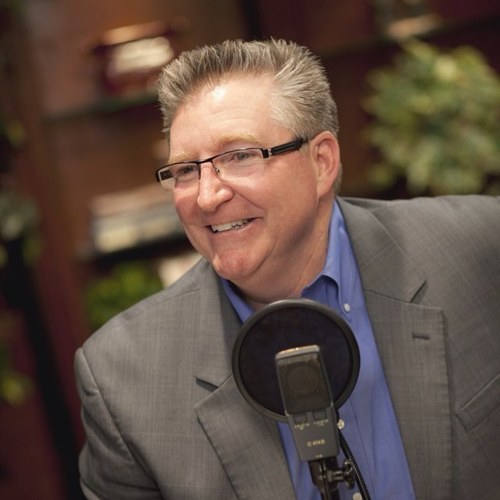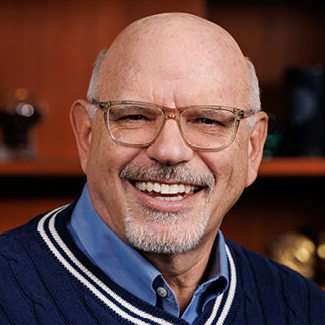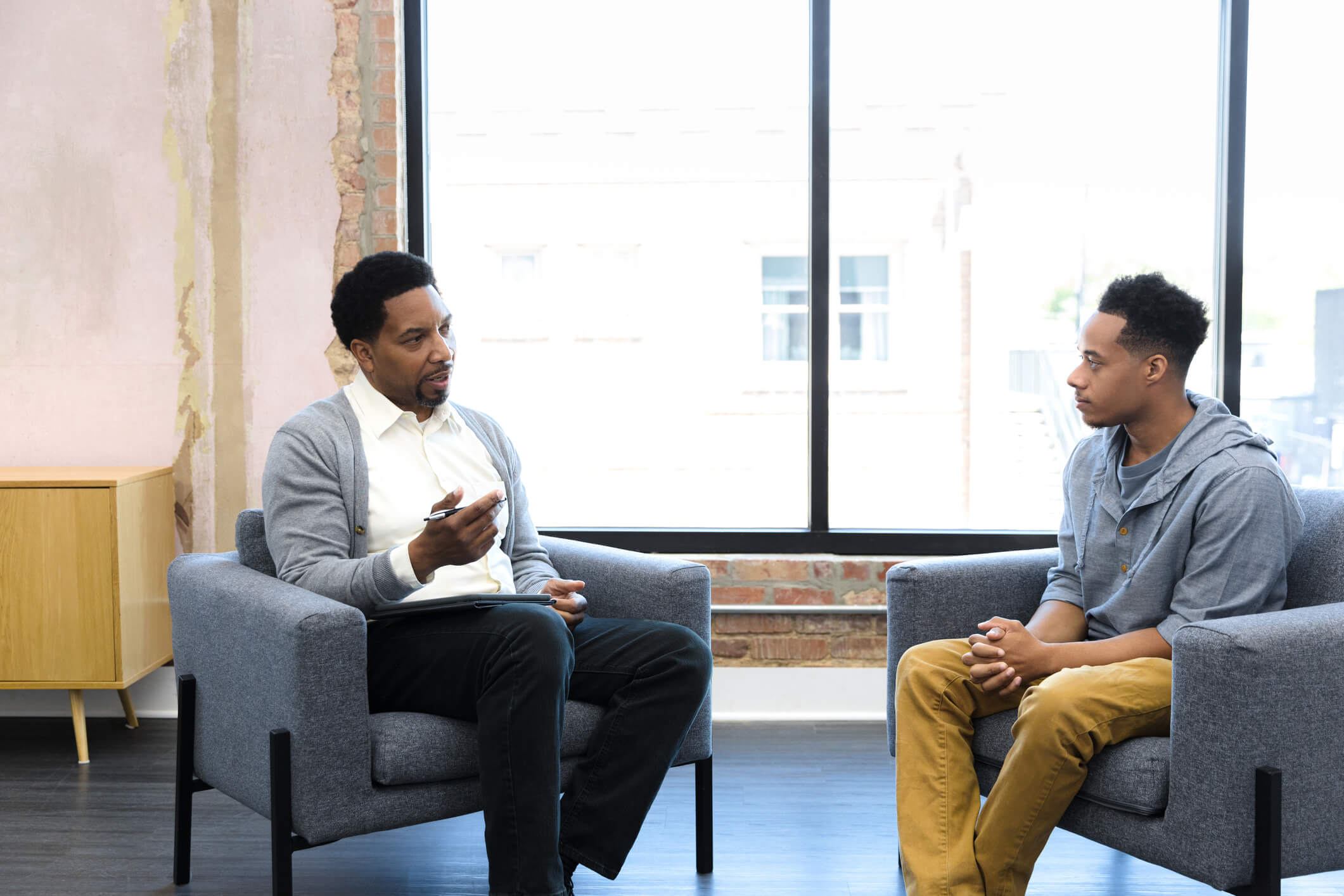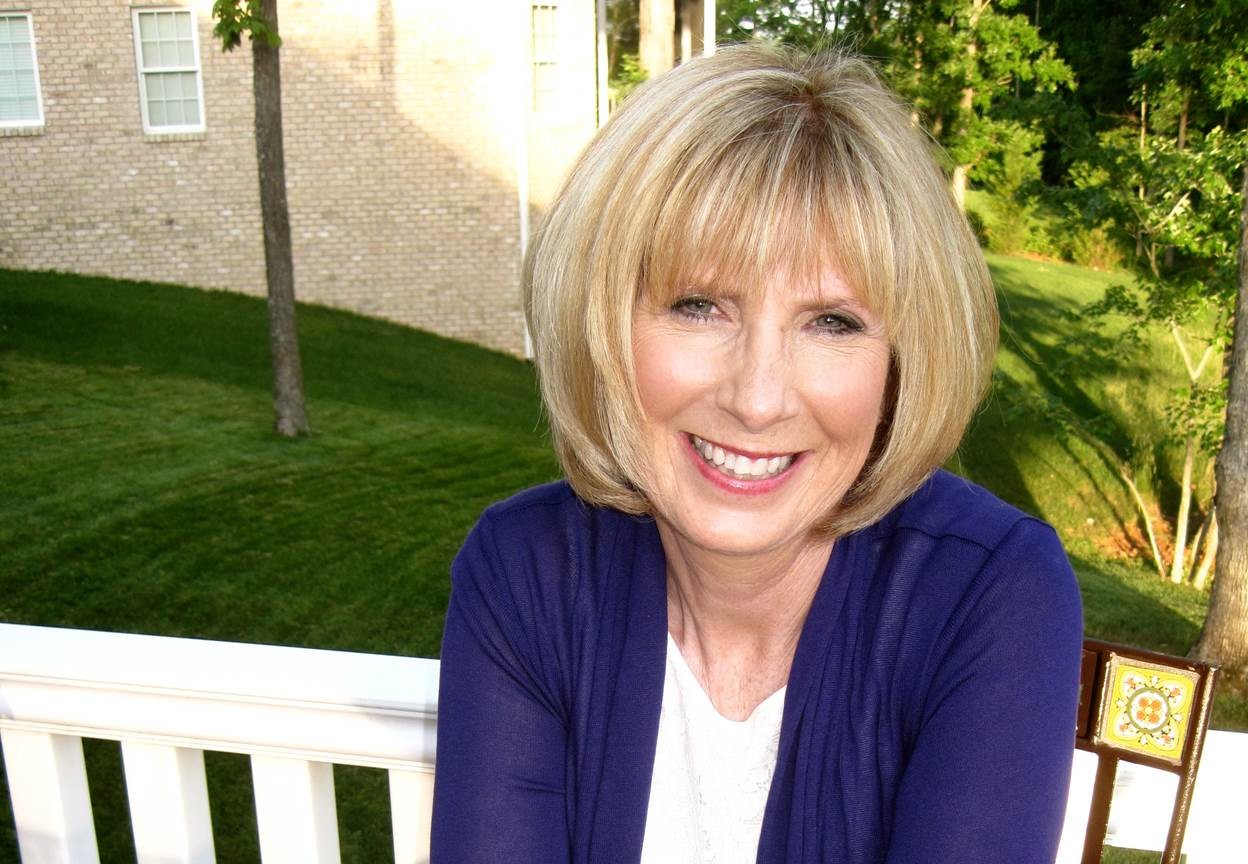Wendy struggled to get out of bed. She felt sad, was losing interest in her usual activities, could not concentrate, had no appetite and was feeling worthless. She knew she was in trouble. Yet, when I suggested she see someone to help her through this difficult time, she refused. At first, she was hesitant to tell me why. But the more we talked, I realized she was afraid of what she perceived happens in a therapy office.
Wendy’s hesitancy was based on a lack of understanding about the therapy/counseling process. I know, telling a stranger your problems is not the easiest thing to do. It requires a level of trust and comfort. But when you need help, it can make a difference. So, let’s dispel a few of the common myths about counseling/therapy that keep people from getting help.
Myth #1: I am doomed by my dysfunctional family. Show me a family that is not dysfunctional, and we will all adopt! Even then, there is no guarantee that people won’t become dysfunctional. You can’t blame your family for your problems. Families may contribute to your problems, but you are ultimately responsible for fixing them. That said, doing family work can help tremendously. Family therapy helps identify dysfunctional family patterns and teaches you to respond differently. Understanding your dysfunctional family allows you to make changes. You are not a victim and can change.
Myth #2: We are going to talk about our mothers. Moms have a bad rap. Being a mom is the hardest job I have ever undertaken. We should talk about our moms, but in kinder, more empathetic ways. Stop blaming moms or dads for all the ills of the world. They did not cause famines in our land, riots in our streets or wars among nations. And while mothers and fathers may contribute to problems, the goal is to develop a healthy relationship with all members of your family. If you mom or dad are part of the problem, we will talk about them. Otherwise, it is a myth to think therapy focuses on blaming parents. It should focus on your relationship patterns with many people. You can’t change others, but you can change how you react to them.
Myth #3: I must lie down on the couch and get in touch with my inner child. Inner child, outer child—get in touch with your grown-up child! I am not dismissing the wounds of childhood. They deeply affect us and are important to resolve. However, we can get so stuck in our childhood pain that we don’t change our current adult behavior. Talking about your years growing up does help you identify patterns of behavior you may need to change as an adult. As a grown up, you have control over your reactions and can make changes.
Myth #4: I am a victim. In Christ, your past is not prologue to your future. The truth is anything and everything can influence you, but you are ultimately responsible for who you are before God. On the Day of Judgment, I can’t imagine God allowing us to parade a long line of people who prevented us from taking responsibility. We face the big Guy alone and will be accountable as to how we responded to difficult people and circumstances.
Myth #5: I will be in counseling the rest of my life. If so, you might need a new counselor. The purpose of counseling, or any help for that matter, is to teach you stand on your own two feet. The idea is to get problems resolved, equip you and move on with life. A good counselor, especially one who understands the transforming power of Christ, doesn’t give you a life sentence. Now, the deeper the hurt and trauma, the more time it may take to heal. But eventually, you should be given tools to help you face life. One of the tools is to dig deep into your spiritual life and lean on God’s promises and help.
So, if you struggle, get the help you need. Find a Christian counselor/therapist and begin the process. Don’t be sidelined by myths or preconceived notions of the counseling process. There is hope and help to move you from stuck to unstuck.



